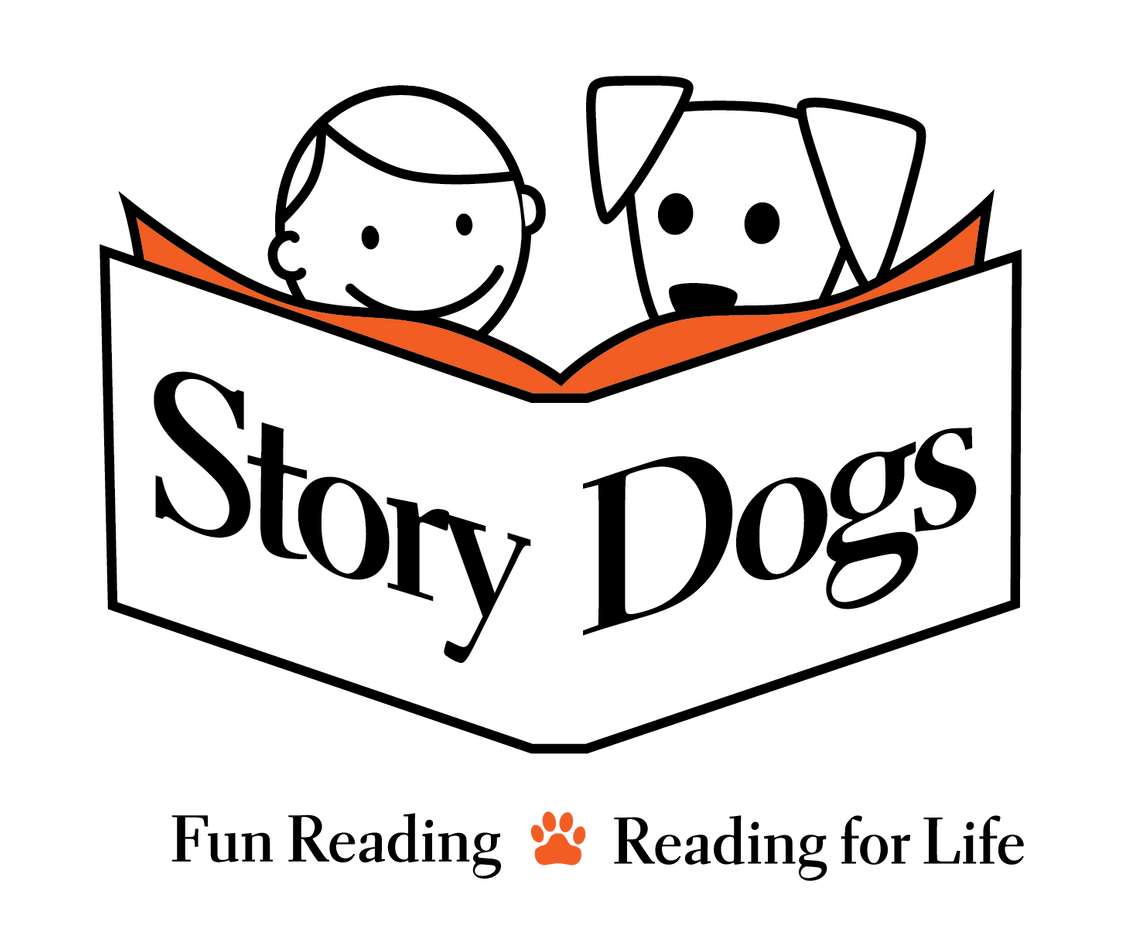Life Long Learning
The Story Dogs Volunteer Training Video
A training video that covers the following topics: benefits of the Story Dogs program, expectations of volunteers, how to run a reading session, how to deal with tricky situations, reading your dogs behaviour, and how to have fun during and after your reading session with your dog and the student.
Please note: the link below will take you to the WeTransfer site so you can safely download the training video.
How to better help the students we see
Picture books do the teaching – Serena Poncia
Strategies to build confidence – Serena Poncia
Recommended Book List
Indigenous Cultural Awareness Training
Story Dogs recognises that knowing about our First Nation people, history and culture is important. We hope this information is useful to you in any interactions with Indigenous children and or all the children you are helping.
Your Mob Learning is the supplier of the online courses. There are three different modules that are available to you for free.
- Introduction module of 30mins,
- Foundation module of 2hrs
- Foundation Plus module of 4hrs
You are welcome to do any of these modules at your own pace, your access will be valid for 12 months. There is also a Library of additional information you can access through our membership to Your Mob Learning. Feedback on this training is welcome, as we are always looking for ways to improve our support to you.
IMPORTANT REMINDER: YOUR MOB LEARNING courses in most cases do not work on the internet browser 'Internet Explorer'. Approved internet browsers include Chrome, Firefox, Safari and Microsoft Edge.
Dr Greg Pallas – Responding to highly anxious children
Dr Greg Pallas, a General Paediatrician based in Victoria, guides us through helping children who are highly anxious.
Mr Kevin Bulbeck –
understanding neurodiversity, creating the space to encourage positive experiences and strategies to reduce anxiety
Kevin is a Senior Clinical Psychologist contracted to the Canberra Psychology Centre for Children and Families. Kevin has 25 years experience as a psychologist including 14 years in private practice, 5 years working for NSW health in Child and Family Counselling. Kevin presented this information to the Story Dogs Leaders Conference in 2024.
How to understand and better manage your Story Dog
Mindful Story Dogs – Hilary Paull
Dog Body Language - understanding dog signals, expressions and behaviour
Dog Behaviour - The Four F's
The four F's of dog behaviour are Fidget, Freeze, Flight and Fight.
Knowing where your dog is at with these stress signals can help you to keep everyone safe in a Story Dogs session.
How to greet a dog safely
This is a great short video to show you how not to greet a dog and what the best way to greet a dog is.
Please share this information with any children you see in the program as it may help them in their home life with other dogs.
How to minimise the likelihood of your dog scratching a child
As Story Dogs encourages Dog/Child interactions it is very important that your dogs nails are short and smooth so as to not cause an injury by accident. Many interactions are to shake hands or high five with your dog. Putting your dogs paw into contact with the child. It is VERY important to regularly make sure your dogs nails are short and smooth. Even after a trip to the groomer your dogs nails may be short but not smooth. Please check before going to school. A standard nail file (human one) can smooth off any sharp edges. Here are a couple of videos to help you trim and manage your dogs nails.
Resource Guarding - Dog Behaviour
Does your dog growl at you when you approach his food bowl? Is your puppy possessive about toys and rawhides? Does he snap at you when you step near him when he’s got a bone? Does your dog bare teeth when you approach the couch? If not, you’re lucky! 20 % of dogs are likely to display resource-guarding behaviour; it’s normal but unwanted dog behaviour. Fortunately, resource guarding is also a behaviour that we can change.
These notes have been put together by one of Story Dogs dog assessors, who also is a Coordinator and has also volunteered with her dog for reading sessions, Hilary Paull, based in Brisbane.
When to retire a Story Dog
Many Story Dogs start their career as an old dog. This is mostly fine as the role of a Story Dog is generally quite relaxing and for most dogs this does not pose a problem. However as time goes by old dogs may change. Their needs may change and their doganality may change, making them no longer suitable for the Story Dogs program.
For Story Dogs the welfare of our dogs is paramount. We are providing this information so you are well equipped to make the decision of retiring your Story Dog if required.
Loose lead walking and the leave it command - why do these matter to a Story Dogs Team
Alan Sheppard, our presenter, is an accredited and highly experienced dog trainer. Alan has been doing dog team assessments in Victoria for over seven years for Story Dogs. He has over 20 years experience in dog obedience and behaviour modification, having helped train over 10,000 owners with their dogs or as he puts it 10,000 dogs with their owners.
Why is force free handling and training so Important for Story Dogs Teams
Bea Labady, our presenter, is a Certified Professional Dog Trainer based in Brisbane. She has been with
Story Dogs since 2018, assessing dogs in Sydney first, then in the Toowoomba region.

